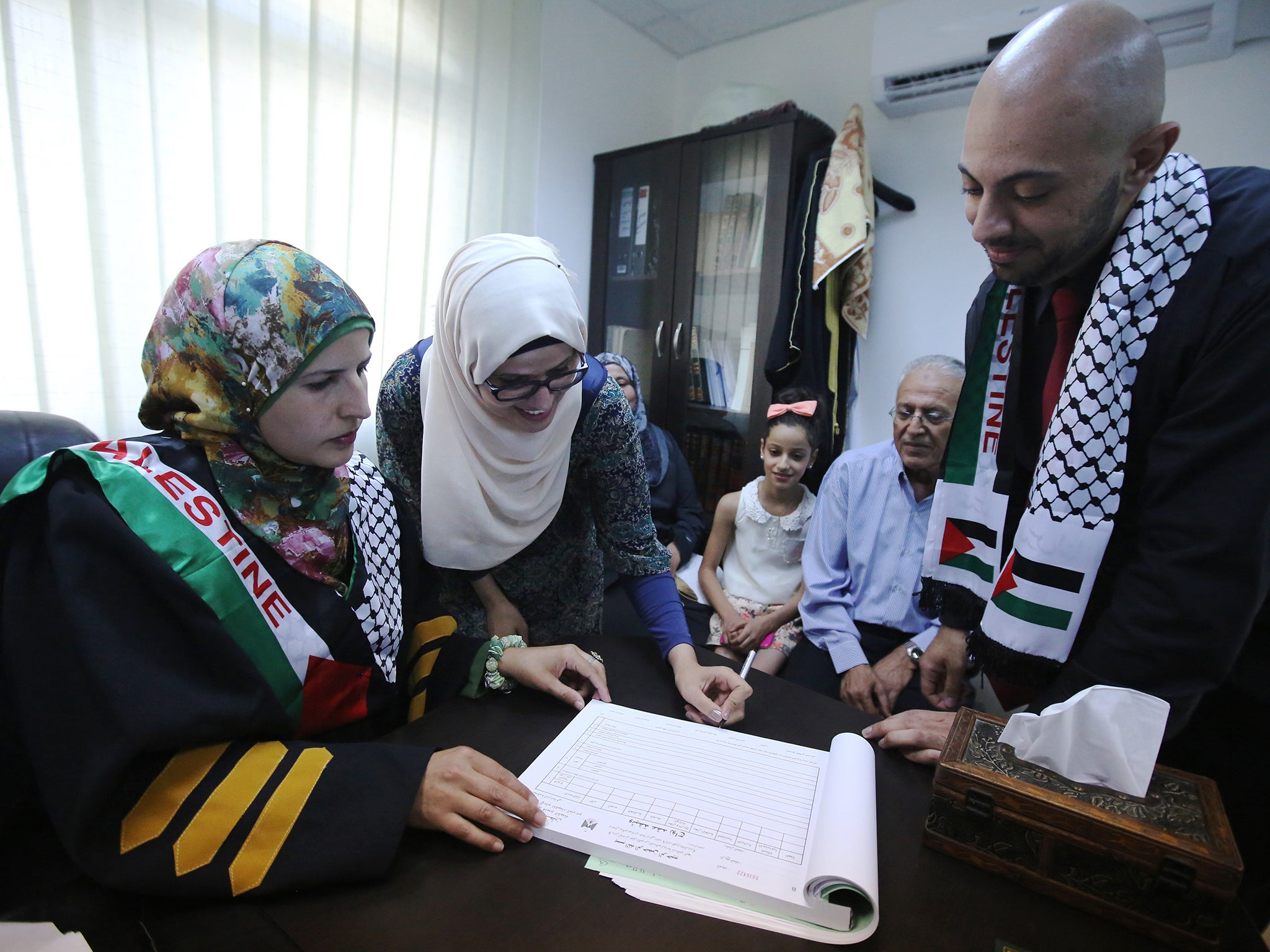Theresa May's inquiry into sharia courts is long overdue
There are times when the state does need to interfere in religious observance, to protect all its citizens and ensure that all are equal in the eyes the law

It is a good principle to always be suspicious of any attempt by a government to monitor, regulate or in any way interfere with the religious observance of its citizens. As the founding fathers of America appreciated, religion and state should be separate; the less each interferes with the other’s affairs the better.
But there are exceptions. There are times when the state does need to interfere, to fulfil its overarching duty to protect all its citizens and ensure that all are equal in the eyes of one secular law.
And this is the case with Theresa May’s announcement on Thursday of a Government inquiry into the workings of sharia law and courts in the UK.
It follows growing concern that some of these courts, or councils, may be working in a “discriminatory and unacceptable way”, seeking to legitimise forced marriage and issuing divorces that are unfair to women, contrary to the teachings of Islam.
There are also allegations that the courts have declined to grant religious divorces to women even when there is evidence of domestic abuse.
These are all concerns that have in the past been highlighted by The Independent and if anything this inquiry should already have happened a long time ago. But better late than never.
Ms May knows she is moving into sensitive territory. She has wisely chosen a broad-based inquiry team representing not just legal experts but also Islamic scholars. It will be led by Professor Mona Siddiqui, an expert in Islamic studies, and include a family law barrister, a retired High Court judge and two imams.
There will be some – and not just Muslims – who will be suspicious and critical of the move, but it should nonetheless be welcomed.
Upholding the rights of women is an integral part of British society. Any attempt to roll back on those rights, in any community, must be stamped out, without concern for causing offence.
While sharia councils have no standing in civil law, and their judgements are unenforceable, their decrees carry moral and cultural weight in many Muslim communities. It is therefore imperative that they operate to standards that are acceptable in this country, where equality is not an optional add on.
Neither should this be seen as a crackdown on Islamic culture and practice – quite the opposite. But religion and culture must never be used as a smokescreen for human rights abuses or as a way to get round the law of the land.
The inquiry, however, is only the start. It is what Ms May does with its findings when it reports that will be the real test of its success, and of the Government’s resolve.
For this inquiry to be useful, its recommendations must be put into practice quickly. Ideally this should be done with the support and cooperation of mainstream Muslim community leaders.
Those sharia councils that fail to cooperate should be isolated and face possible criminal sanction if they operate outside of the law.
That is not the state interfering in religious observance: it is the state protecting all its citizens.

Join our commenting forum
Join thought-provoking conversations, follow other Independent readers and see their replies